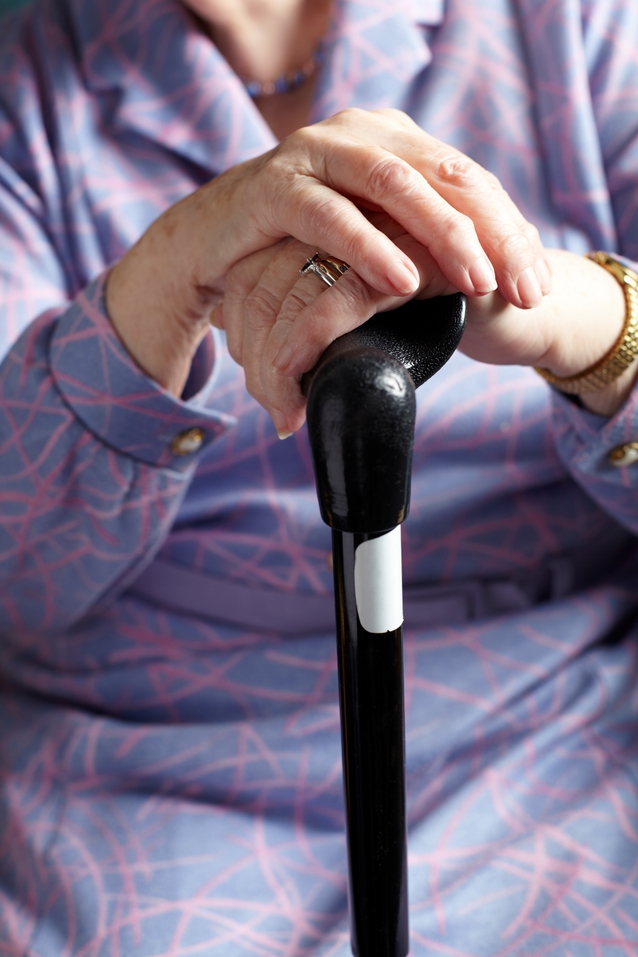According to the United States Census Bureau, over 10% of grandparents live in a household with their grandchildren. Specifically, one out of every four caregivers lives with the disabled or elderly relative he or she cares for. It is not uncommon for multiple generations to share a household in the United States, especially to help share living expenses or provide care for relatives. If you are preparing to move an elderly relative into your home, there are many considerations to contemplate and changes to prepare your household for.
Finances
Moving a retired relative into your home may come with some added costs. First there is the increased food and energy expenses of an additional person in your home, but there may be other costs such as medical bills, medicine, and outside help like home healthcare workers, nurses or aids. The elderly relative may be able to help contribute to his or her own expenses or perhaps siblings will chip in. If one of the adults in the home will be taking time off from work to provide care, don’t forget to consider this potential loss of income. However, there may also be financial windfalls such as tax benefits or decreased childcare expenses if a retired grandparent is able to help care for grandchildren, etc. Finances and expenses should be a major part of any discussion prior to a relative joining your household.
Help
A major consideration before moving your mom or mother-in-law in should be how much care your parent may need and who will provide that care. Elderly relatives that are independent will not need as much help as quickly aging or ill relatives. Will an adult in the current household provide care or will outside caregivers be hired? Will the outside help be there full-time or part-time? Will siblings help?
Family Life
A new member of your household means changes for everyone in that household. An older relative may need to adjust to less independence, while kids may need to be quieter during certain hours or gentler around grandma. Begin managing expectations and establishing boundaries well before the move occurs so that good family relationships can be maintained.
Senior Friendly Home
Grandparents with mobility issues may not be able to live upstairs, a wheelchair may require widened doorways or a bathroom remodel. Evaluate your home and its ability to accommodate an elderly relative well before move in day. Extra time may be necessary to complete renovations and prepare your home for grandpa’s arrival.
Moving Day
Downsizing is a common occurrence when an elderly parent joins the household of an adult child. You will need to spend a considerable amount of time organizing what stuff will go to the senior’s new home, which things will be sold, donated, or given to other relatives. There may be multiple stops and locations involved in a senior move. If you need help moving your relative, we would love to help move what matters most!

